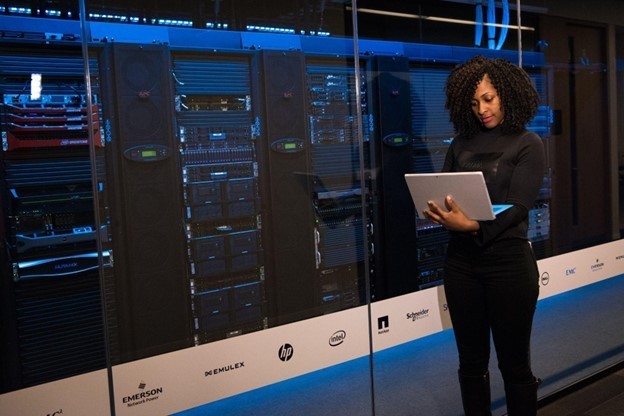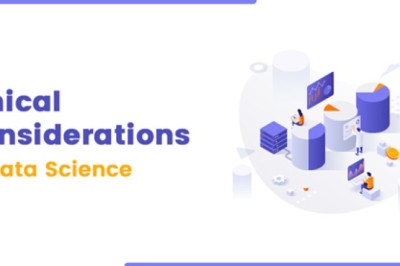views

Image Source: Pexels
According to research conducted by Oberlo, 91% of leading businesses in the United States are actively investing in Artificial Intelligence. While AI is still in its nascent stage, it is increasingly being used by organizations to improve business operations and gain a competitive advantage. While it is difficult to accurately predict the scale of impact AI will have on the workplace, in this article by WONGCW, we’ll explore a few changes workers can expect in the near future and how to prepare for it.
Higher Productivity Levels
As reported by VentureBeat, 61% of employees report experiencing increased productivity by utilizing AI in the workplace. A prime reason is that repetitive business tasks can easily be delegated to AI, while employees can focus on tasks of higher importance and urgency. A common AI tool currently used by businesses is a chatbot. Having a chatbot on the website can significantly reduce the number of hours employees need to spend catering to repetitive customer service requests. By designing an intuitive chatbot, most queries can be handled automatically, while those requiring professional assistance can be forwarded to employees.
As a result, businesses can significantly increase the number of customer queries that can be handled in a day. Additionally, it reduces the time taken by customer service representatives to solve complex problems as they are not held back by a list of repetitive requests in their queue. Additionally, the data collected from applications such as chatbots can be used to streamline business processes, better understand customer needs and make changes to improve customer service standards.
Accurate Decision Making
Employees that make data-driven decisions perform better than those who do not. In today’s age, all businesses generate a ton of data daily from their website, marketing activities, outreach efforts, sales campaigns, etc. Even with a team, scrutinizing terabytes of data manually is an impossible task. However, not only can AI accurately study this data but, it can also provide actionable insights which can be used to make key business decisions.
For instance, machine learning algorithms can be used to study customer data for a specific period and provide insights on:
● Changes in customer buying habits
● Best price points for products
● Fluctuations in customer demands
Additionally, the algorithm can help make predictions regarding future customer behavior, market opportunities, and threats. These insights can then be fed to a data visualization tool to create graphics to be shared with all relevant stakeholders such as the marketing team, sales personnel, management, and investors.
Better Cross-team Coordination
While the use of software helps to increase productivity and reduce chances of error, businesses often suffer from the lack of interoperability. However, machine learning can help overcome this drawback by utilizing the practice of business process management also known as Digital Process Automation (DPA-deep). While business process management can be practiced manually to some level, given the heavy dependence on digital tools by businesses automation is critical for effective BPM.
A machine learning-based BPM tool connects all software used by various business teams and studies the efficiency of their current workflow. Next, it highlights areas where improvements can be made to reduce delays and wastage of resources. The biggest benefit of an automated BPM is that all employees have equal access to data, hence it removes the need for manual coordination and significantly reduces the time taken to make decisions.
Given the increased use of machine learning applications in the workplace, employees can expect to undergo ample training to learn how to effectively use these applications. But, the best way to understand this new technology will be to pursue a degree in Computer Science, in which you’ll develop expertise regarding data structures, computer theory, and the best practices for using AI in the workplace.
If there is one certainty regarding the future of the workplace, it is that AI is here to stay. While it will cause a level of disruption, utilizing AI will be advantageous for workers and businesses in numerous ways and make operations much simpler.





















Comments
0 comment